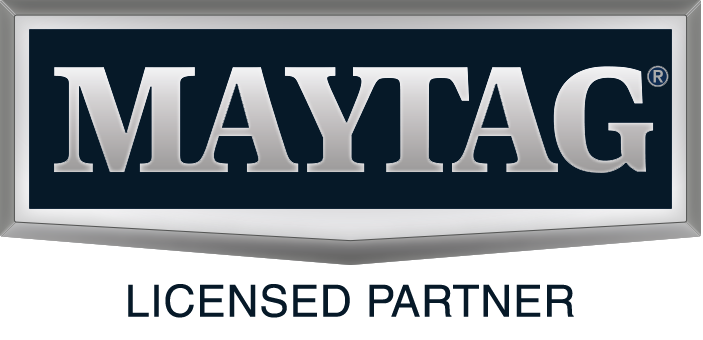Electric vs. Gas Furnaces: A Heating System Throwdown
 The choices available to homeowners, in terms of heating equipment, are continually and expanding! And, while it can be overwhelming when you are purchasing a new furnace, that’s a GOOD thing. There are models that suit every budget, every comfort demand and fuel type.
Two such types of furnaces are electric and gas furnaces. And, there are pros and cons to both types.
The choices available to homeowners, in terms of heating equipment, are continually and expanding! And, while it can be overwhelming when you are purchasing a new furnace, that’s a GOOD thing. There are models that suit every budget, every comfort demand and fuel type.
Two such types of furnaces are electric and gas furnaces. And, there are pros and cons to both types.
Electric Furnaces:
This category can be interpreted a couple of different ways. But, for our purposes, we’re going to say that electric furnaces are air handlers. You can pair an air handler with your air conditioner or heat pump. It contains your air distribution system, indoor coil and sometimes heat strips that provide additional heating power. These heat strips are powered by electricity and create original heat.- Pros:
- Don’t have to use natural gas
- Can be all you need to heat/cool your home year round (in some areas)
- Cons:
- Create original heat (don’t transfer heat)
- Can raise electric bills
- May have to strain to reach heating demand (in some areas), particularly if you are pairing an air handler with an air conditioner
- Where to Install
- Live in an area where the power supplied by a gas furnace isn’t necessary (e.g. the South, Southern Texas, Florida, etc.)
- Don’t currently have a natural gas line running to your home
- Electricity is the cheaper utility in your area
Gas Furnaces:
This is what most people typically associate with heating systems. These are natural gas-powered heating systems that contain your air distribution system and create original heat. A natural gas furnace can be paired with your split-system air conditioner or heat pump (just like an air handler).
- Pros:
- Provide powerful heat
- Natural gas is often the less expensive utility
- Pairs nicely with both an air conditioner and a heat pump to provide year-round heating and cooling
- Cons:
- Uses natural gas lines (if you don’t have them, it can be costly and infeasible to have them installed)
- Must have a carbon monoxide detector running in your home
- Will generally have to purchase an additional indoor coil
- Where to Install
- Currently have a gas line running to your home
- Need the power supplied by a gas furnace
- Natural gas is the cheaper utility in your area

I like what this article mentions about the different pros and cons of electric and gas furnaces. I’ve been wanting to replace mine, and I think the spring is a good time to do that. I’ll have to remember that electric furnaces are generally cheaper. Thanks for the post!
This is a great article on the pros and cons of electricity and gas powered heating systems. We give our customers the advice on which system suits their needs.
Your article is very helpful in my decision making of upgrading my furnace to a gas furnace..seems to a smarter move on my part. Thanks again for a great article.
I am happy to learn that electric furnaces can be the only needed source to heat or cool your house all year round. It would also be nice not to have to use natural gas. I have also heard that once installed, electric furnaces are much more cost efficient to maintain than other furnace types.
Electric furnaces and base board heat work fine in Nebraska!